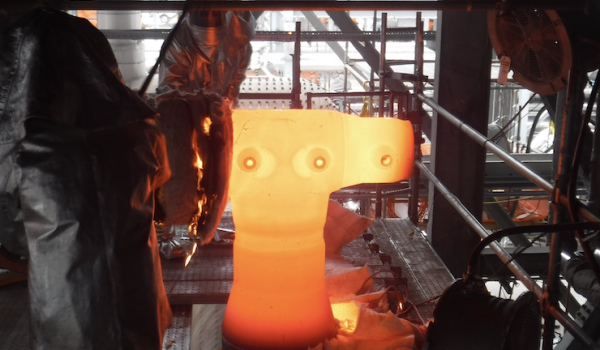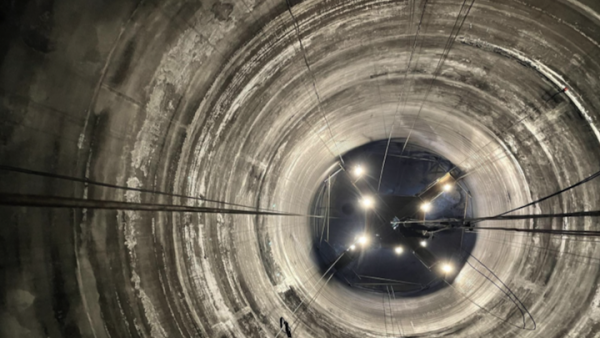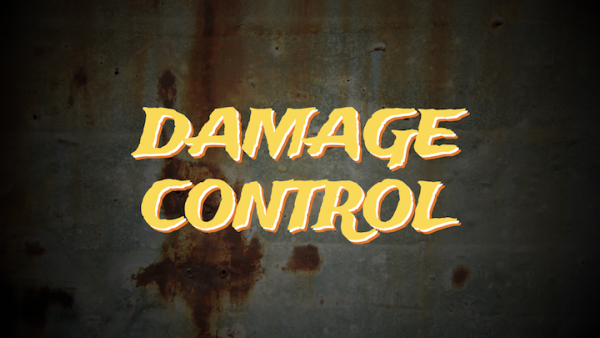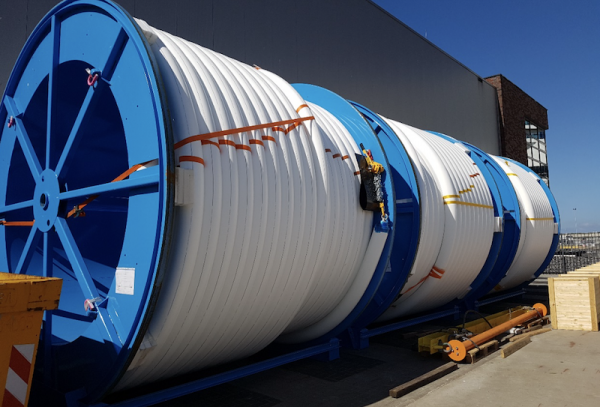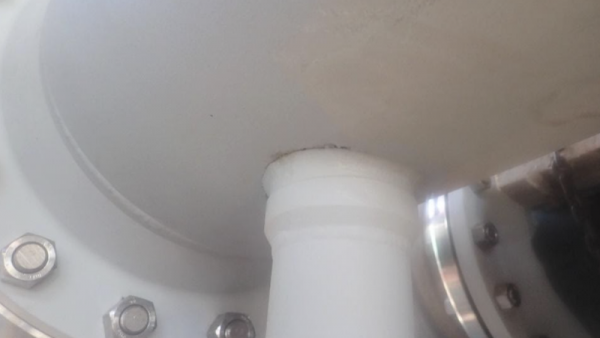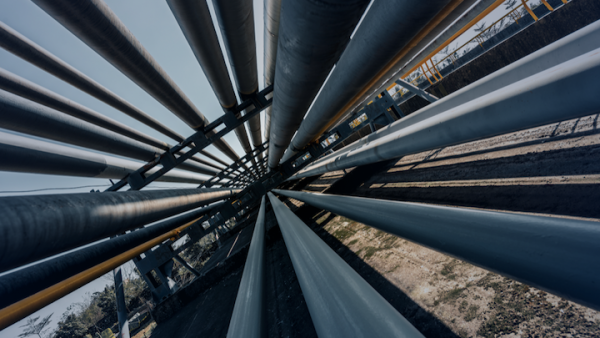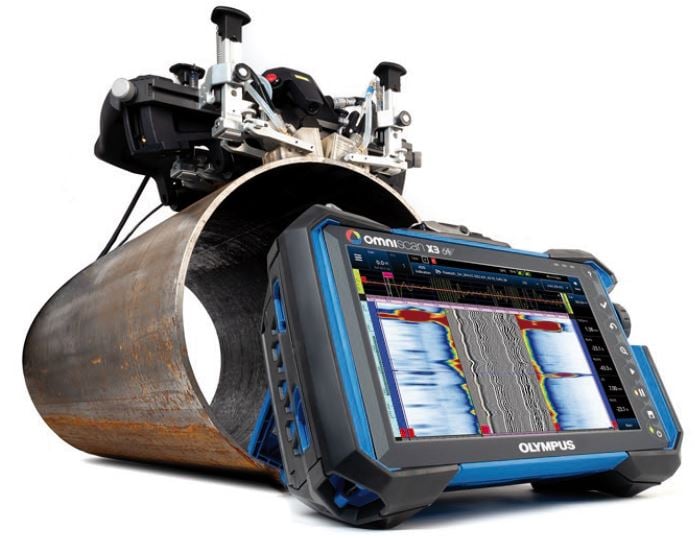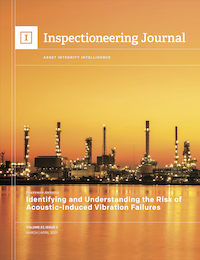
| Date | March/April 2021 |
| Volume | 27 |
| Issue | 2 |
| Return to Journal Index | |
March/April 2021 Inspectioneering Journal Article Index
This article discusses the benefits of an established heat treating process with regards to mechanical integrity, as well as certain quality control measures and the importance of a heat treatment plan.
As more are educated on the benefits of utilizing ropes and drones, skepticism has become far less common, and we’re sure to see adoption grow in the coming years of both of these methods—and, perhaps, of this new hybrid approach to work as well.
Corrosion under insulation is a form of external corrosion that is caused by trapped water on insulated surfaces. It is an industry problem affecting equipment in the oil and gas, petrochemical, specialty chemical, fertilizer, and related industries.
The manner by which reliability is achieved is experiencing a much-needed paradigm shift in the way it uses data. In this article, we’ll explain how you can leverage this industry shift to implement data-driven reliability at your facility.
Globally accepted FFS procedures for non-metallic components, such as reinforced thermoplastic pipes, do not exist. There may be opportunity in adapting existing procedures for metallic components and their damage mechanisms to composite components.
FFS assessments usually originate from inspection results and often end with a recommended inspection plan. This FFS Forum tries to provide a little better understanding of one particular inspection method: Acoustic Emission Testing.
This article provides insights into the AIV damage mechanism, reviews approaches to calculate the probability of AIV failure in piping, provides design practices to prevent AIV failure, and introduces a RBI approach to evaluate risk of AIV failures.
Ethos has assembled a team of experts who apply what they learned through years of process safety experience in the industry and dealing with OSHA and EPA. Click here to learn more about our services.
This article will discuss a statistical analysis method that was developed to evaluate the integrity of pipelines that can identify, in a first phase inspection, whether the nature of the active damage mechanism(s) are uniform (general) or localized.
